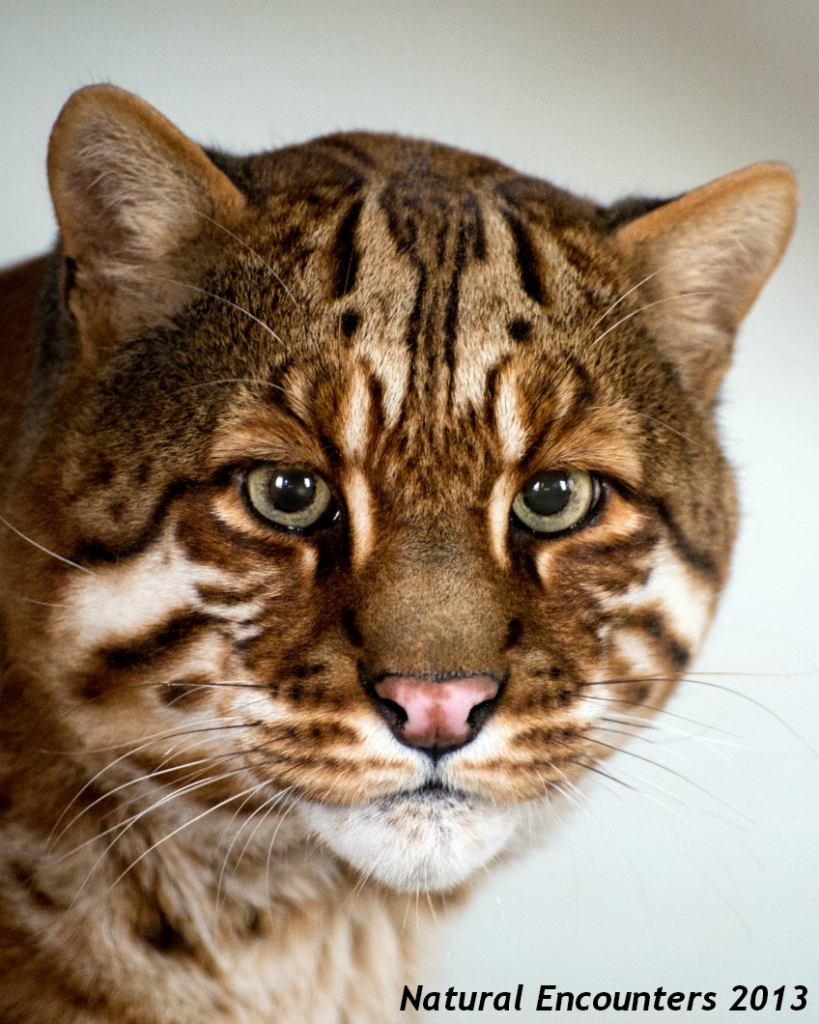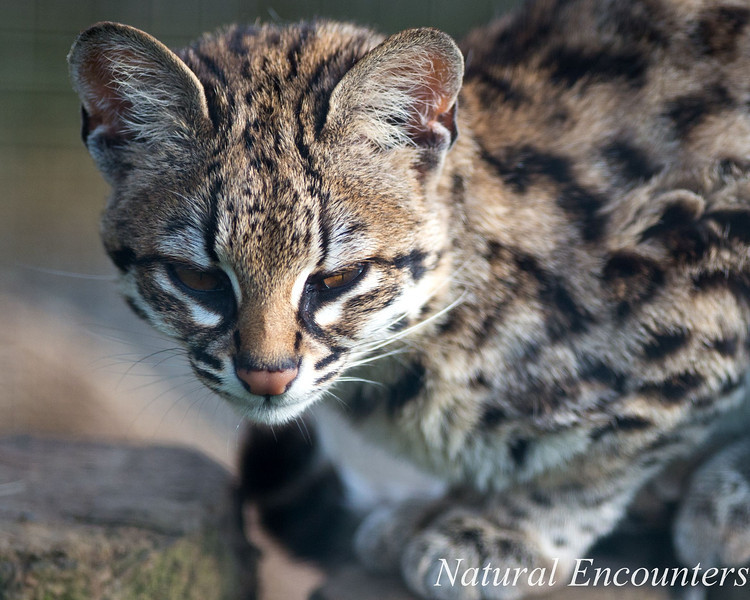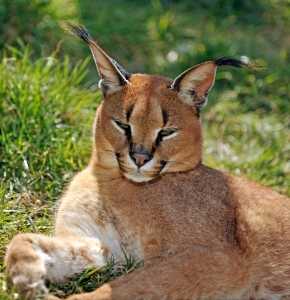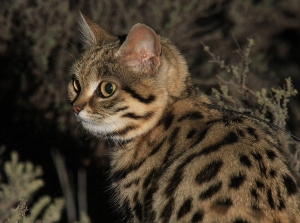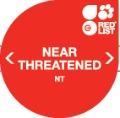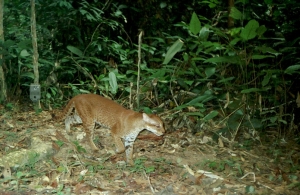Wild cats are in danger of disappearing all over the world. We need to learn more about the lives of small wild cats in their native habitat in order to protect them from such threats as habitat loss, persecution, poaching, illegal trade and human interference. There are many questions that must be answered before these threats can be addressed and conservation plans put in motion. Where are the cats located? What kind of habitat do they need? What do they eat? How large is the population?
Without all the ecological information gathered by field researchers, it is impossible to form conservation programs for small wild cats. Before the biologists can start their studies however, they must obtain funding for camera traps, radio-collars, salaries for local people and a host of other expenses. This rather specialized funding is getting increasingly hard to find, and many worthwhile projects are not able to be undertaken.
Join our growing list of small wild cat heroes. Please donate today.

100% of donations received go directly to wild cats
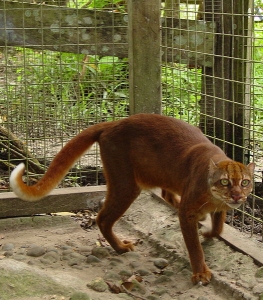

One small wild cat species in need of your support is the Borneo Bay Cat Pardofelis badia. It is the mystery member of the cat family. Nothing is known about their habits, behaviour, ecology or reproductive biology. Previously thought to be a small island form of the Asiatic Golden Cat Pardofelis temminckii, genetic testing has revealed the Bay Cat is a unique species, and therefore a highly endangered one. Learn more
Thank you for your support!

